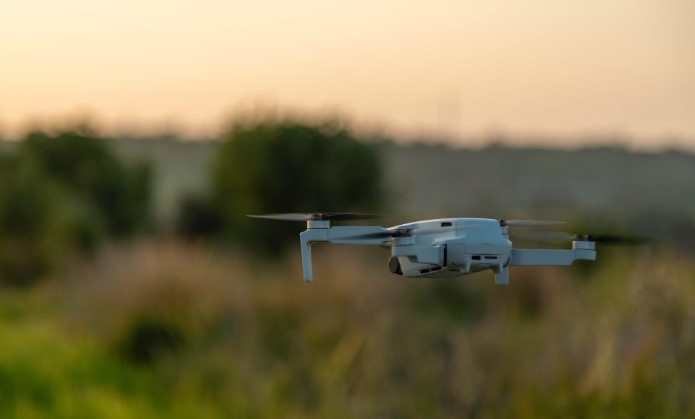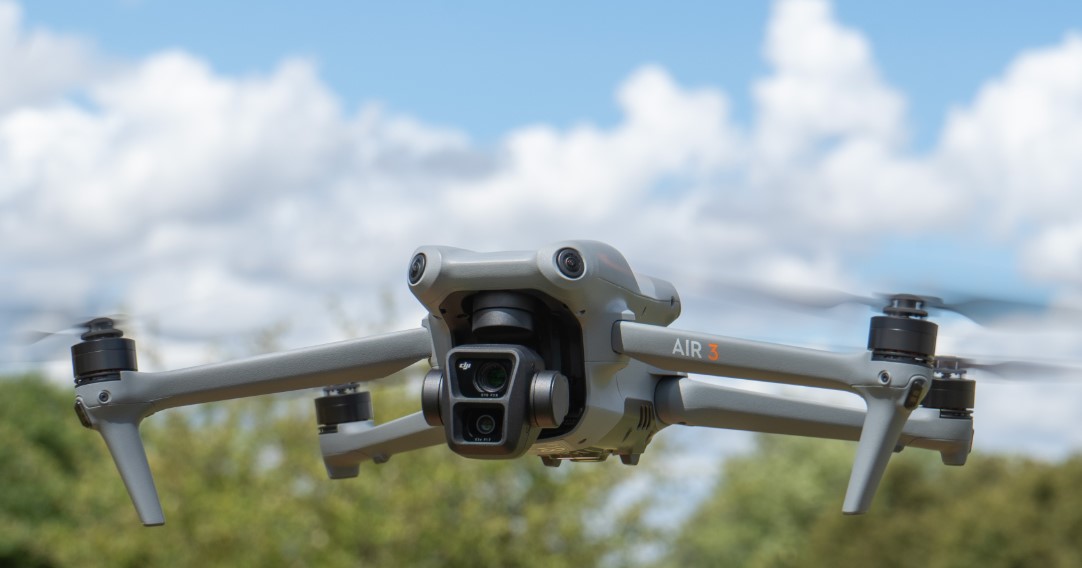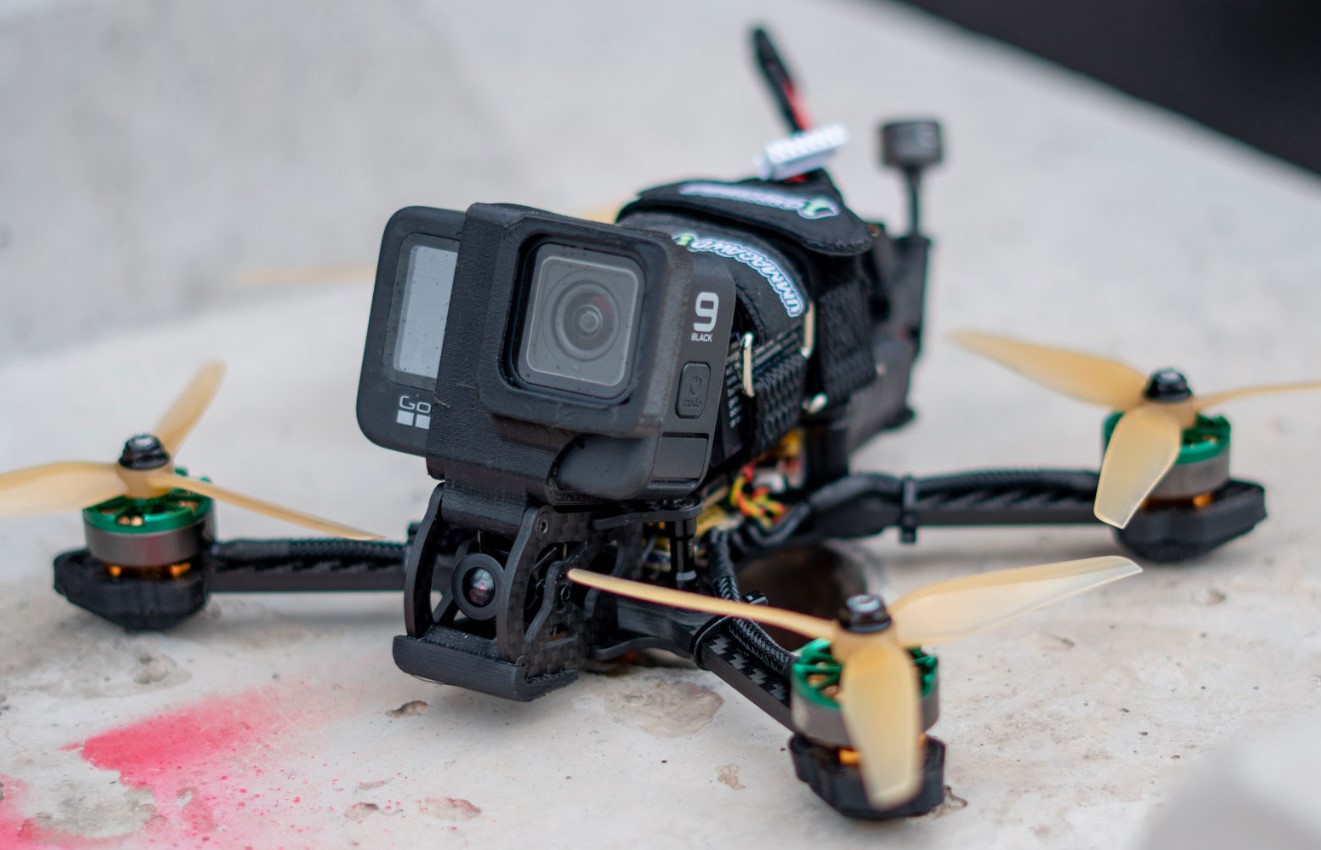Bali, known as the “Island of the Gods,” is a haven for travelers and photographers alike. With its lush rice terraces, volcanic mountains, pristine beaches, and vibrant cultural landmarks, Bali provides an ideal backdrop for stunning aerial photography and videography. However, if you’re planning to use a drone to capture these mesmerizing landscapes, it’s crucial to understand the rules and regulations surrounding drone usage in Bali. In this guide, we’ll answer the question: Is drone allowed in Bali? We’ll delve into the laws, permissions, and best practices to ensure a safe and enjoyable drone-flying experience on the island. Follow Dronevoz.com !!!
Are Drones Allowed in Bali?
Yes, drones are allowed in Bali, but there are strict regulations governing their use. The Indonesian government, through its Directorate General of Civil Aviation (DGCA), oversees drone operations in Bali and other parts of the country. These rules aim to ensure public safety, respect for privacy, and preservation of Bali’s natural and cultural heritage.
Whether you’re a recreational user or a commercial operator, adhering to these guidelines is essential to avoid fines, confiscation of equipment, or legal repercussions.
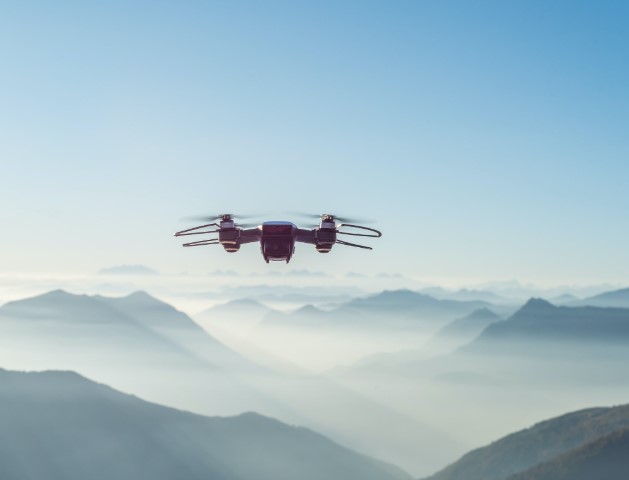
Drone Laws in Bali
Here are the key regulations you must follow when flying a drone in Bali:
General Regulations
- Maximum Altitude: Drones must not be flown higher than 150 meters (492 feet) above ground level unless special permission is granted by the DGCA.
- Flight Zones: Avoid flying in restricted or no-fly zones, including areas near airports, military installations, and government buildings.
- Line of Sight: Always maintain a direct line of sight with your drone during operation.
- Night Flying: Flying drones at night is prohibited unless specifically authorized.
- Distance from Crowds: Maintain a minimum distance of 30 meters (98 feet) from people, vehicles, and buildings to ensure safety.
Drone Weight
- Drones weighing less than 2 kilograms (4.4 pounds) can be flown without special permissions, provided they adhere to other operational rules.
- Drones exceeding 2 kilograms require prior approval from the DGCA.
Privacy Concerns
- Avoid flying over private property, including residential areas, without the owner’s consent. Bali’s local communities place a high value on privacy and respect.
Cultural and Religious Sites
- Bali is renowned for its temples and sacred spaces. Flying drones over these locations, such as Tanah Lot or Uluwatu Temple, is often restricted. Always seek permission before filming in or around religious or cultural landmarks.
Drone Registration
- While registration is not mandatory for drones used solely for recreational purposes, commercial drone operators must register their equipment and obtain appropriate licenses.
>>> Read: Is Drone Allowed in Airport? Country-Specific Regulations
Permits for Drone Flying in Bali
Depending on the purpose and location of your drone usage, you may need additional permits:
- Recreational Use
For recreational flying, no special permits are required if you follow the general regulations. However, always double-check the specific rules for the area you plan to visit.
- Commercial Use
If you’re using a drone for professional purposes, such as filmmaking, real estate photography, or other business ventures, you must:
- Obtain permission from the DGCA.
- Secure a filming permit from the Indonesian Ministry of Tourism.
- Coordinate with local authorities to ensure compliance with regional rules.
- National Parks and Protected Areas
Many of Bali’s iconic landscapes, such as Mount Batur and West Bali National Park, fall under protected status. Flying drones in these areas often requires approval from the Ministry of Environment and Forestry.
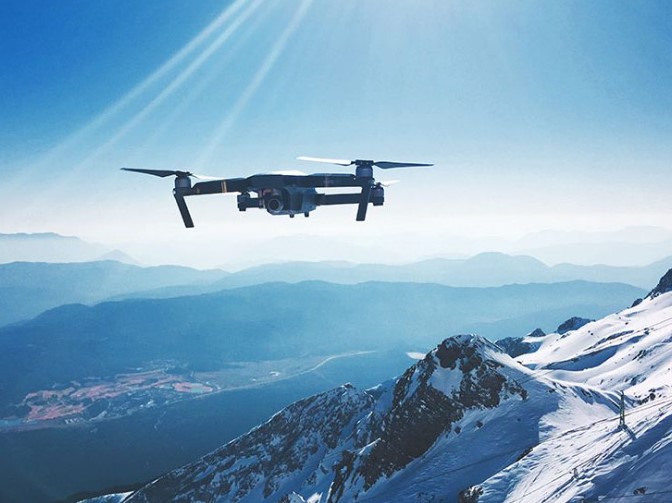
Best Locations for Flying Drones in Bali
Bali offers numerous breathtaking locations ideal for drone photography. Some popular spots include:
- Tegalalang Rice Terraces: Capture the iconic layered rice fields from above.
- Mount Batur: Early morning flights reveal dramatic views of the volcanic landscape.
- Nusa Penida: The cliffs and crystal-clear waters around Kelingking Beach are a drone enthusiast’s dream.
- Ubud: From lush jungles to traditional villages, Ubud provides endless opportunities for stunning aerial shots.
- Tanah Lot: While restricted, capturing this temple from permitted areas during sunset can be magical.
Always research and confirm regulations specific to your chosen location.
Tips for Flying a Drone in Bali
To ensure a hassle-free experience, follow these tips:
- Check Local Laws: Drone regulations can vary by region. Contact local authorities or hire a guide familiar with drone laws.
- Be Respectful: Avoid flying near religious ceremonies, traditional dances, or private homes without consent.
- Weather Awareness: Bali’s weather can be unpredictable, with sudden rains and strong winds. Fly only during calm and clear conditions.
- Carry Documentation: Keep a copy of any permits or approvals with you in case of inspection.
- Drone Insurance: Consider purchasing insurance to cover potential damages or liabilities.
- Know Your Equipment: Familiarize yourself with your drone’s capabilities and settings to avoid technical issues.
>>> Read: Is Drone Camera Legal in India?
Consequences of Violating Drone Regulations
Failing to comply with Bali’s drone laws can result in significant penalties, including:
- Fines
- Confiscation of your drone
- Legal actions, including deportation for foreign visitors
Respecting these rules not only protects you but also helps preserve Bali’s cultural and natural beauty for future generations.
Conclusion
So, is drone allowed in Bali? The answer is yes, but with conditions. Bali’s rich cultural heritage and diverse landscapes make it a dream destination for drone enthusiasts, but the privilege of flying comes with responsibilities. By understanding and adhering to local regulations, you can enjoy capturing Bali’s beauty from the skies while ensuring safety and respect for its traditions.
Before your trip, take the time to research and prepare. Familiarize yourself with the laws, obtain necessary permits, and practice responsible flying. Doing so will not only help you avoid legal issues but also ensure a memorable and rewarding experience in one of the most picturesque locations in the world.
Frequently Asked Questions (FAQs)
- Do I need a license to fly a drone in Bali?
For recreational use, no license is required. However, for commercial use, a Remote Pilot License (RPL) is mandatory.
- Can I fly a drone over Bali’s beaches?
Yes, but avoid crowded beaches and respect privacy laws. Some beaches may have restrictions.
- What happens if I fly a drone illegally in Bali?
You may face fines, confiscation of your drone, or legal action if you violate regulations.
- Are DJI drones allowed in Bali?
Yes, DJI drones are allowed, but you must follow Indonesian drone laws.
- Where can I check drone no-fly zones in Bali?
Use apps like DJI FlySafe, AirMap, or check with local authorities for updated no-fly zones.
By staying informed and respectful, you can have an incredible drone-flying experience in Bali while avoiding legal issues. Happy flying!
